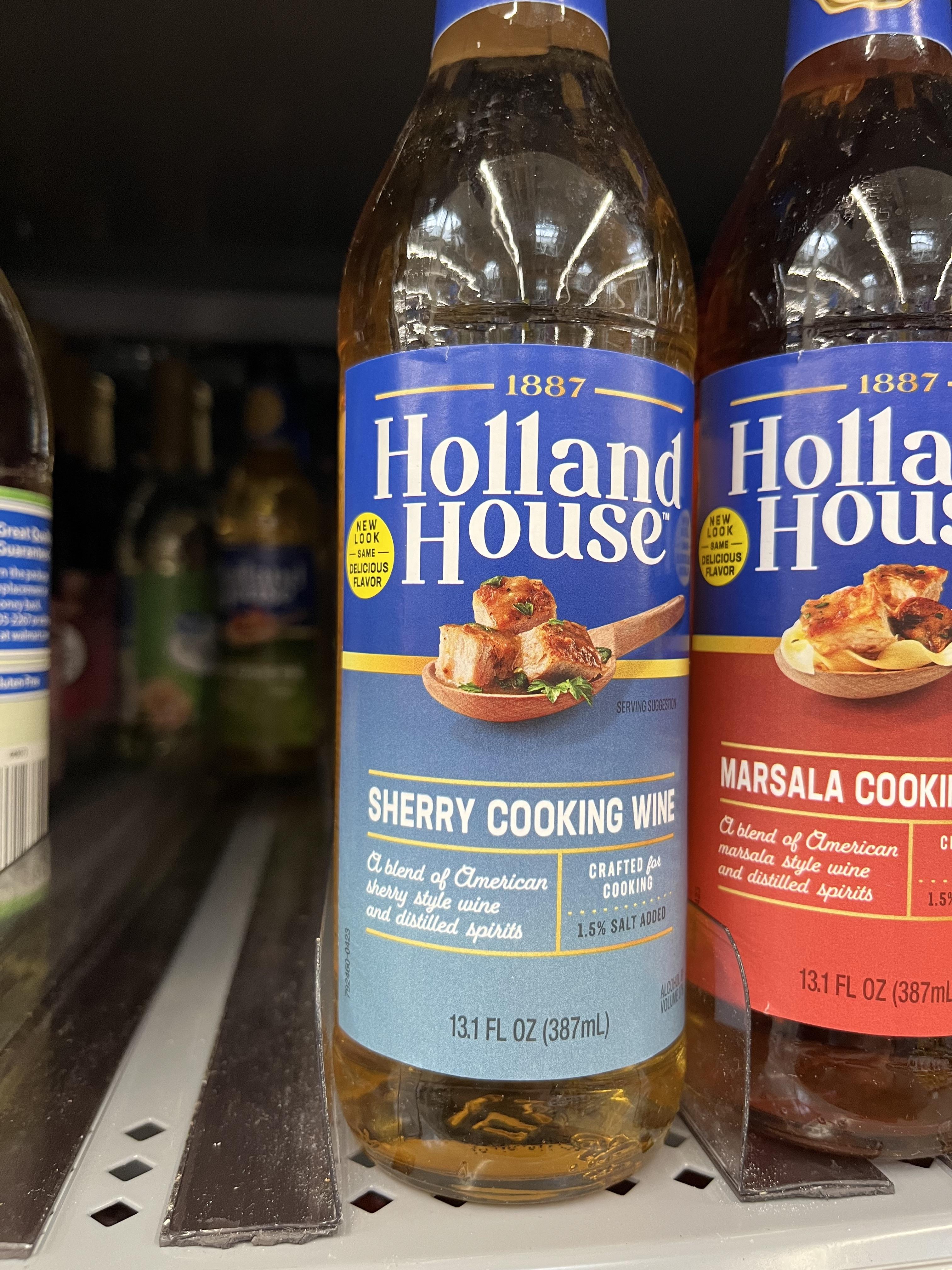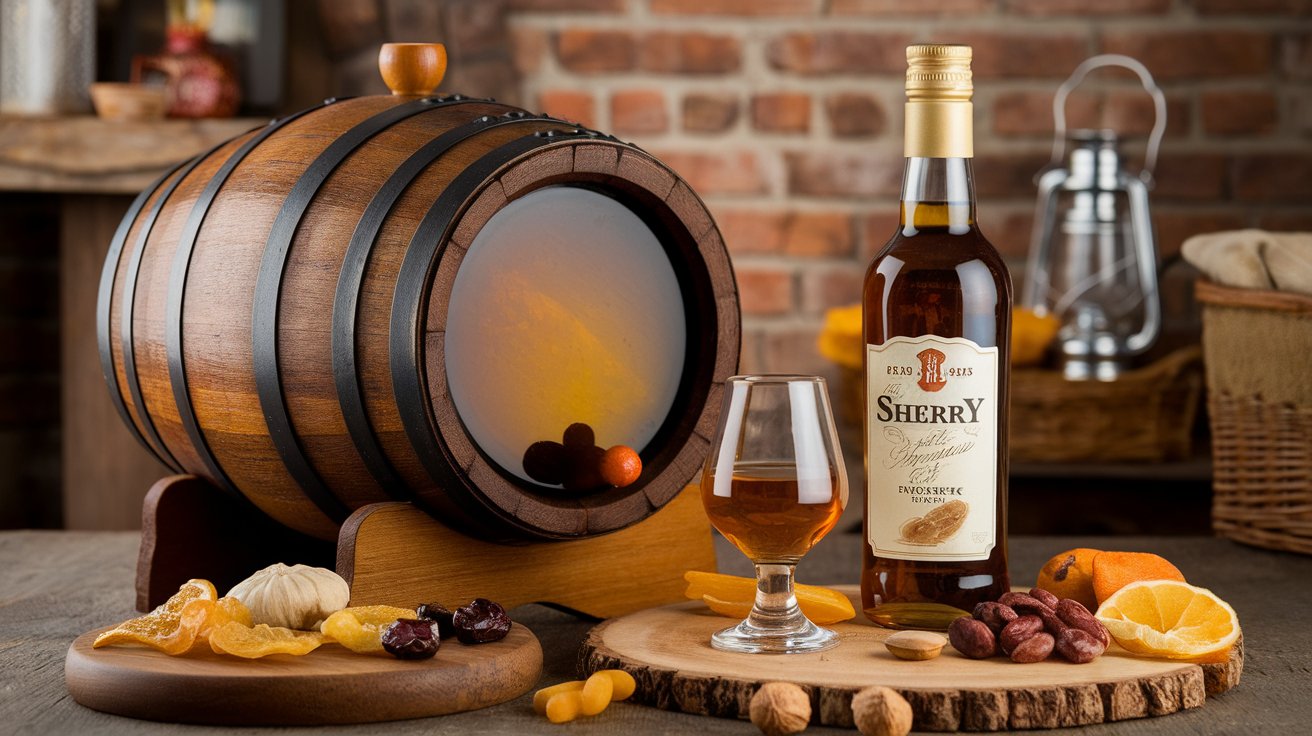
Dry sherry is a popular cooking ingredient.
Its rich, nutty flavor enhances a variety of dishes, from soups to sauces and marinades.
However, it’s not always available or may not suit everyone’s taste preferences.
Fortunately, several great substitutes for dry sherry offer unique flavors that can elevate your dishes.
Whether you’re looking for a non-alcoholic option or an alternative with a similar taste profile, these 13 substitutes can seamlessly replace dry sherry in your recipes.
Best Substitutes for Dry Sherry
1. White Wine

White wine is one of the most common and versatile substitutes for dry sherry.
Its crisp acidity and light flavor make it an excellent choice for deglazing pans, adding depth to sauces, or enhancing seafood dishes.
For the best results, use dry white wine, as it closely mimics dry sherry’s light, slightly sweet taste.
- Best Use: Sauces, seafood, soups.
- Flavor Profile: Light, crisp, slightly fruity.
- Substitution Ratio: Use in equal amounts as a direct substitute for dry sherry.
2. Dry Vermouth
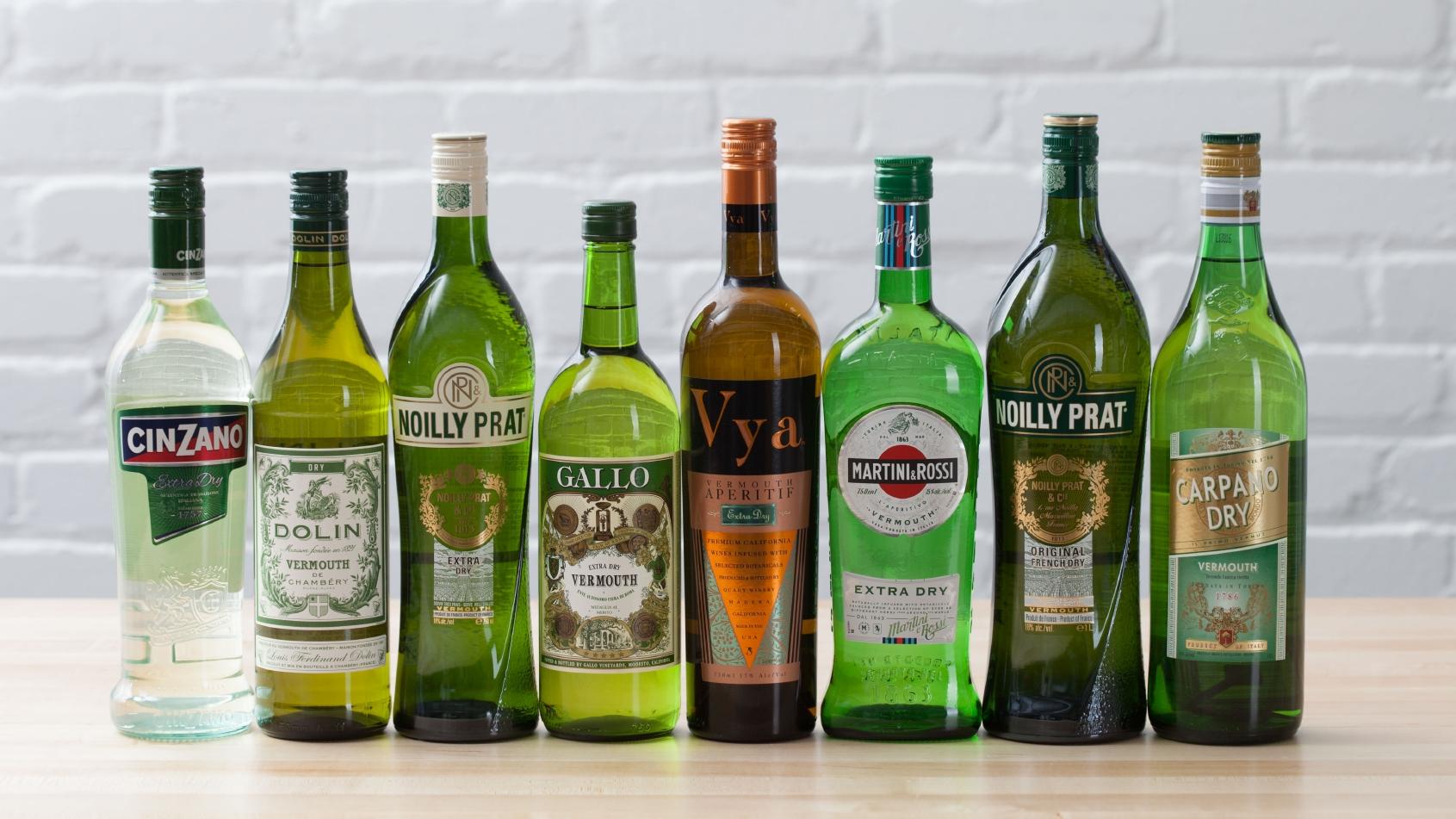
Dry vermouth is another excellent substitute for dry sherry, especially in savory dishes.
This fortified wine has a complex flavor with herbal and slightly bitter notes, making it a great option for deglazing and cooking.
Its higher alcohol content helps preserve its flavor during cooking, just like dry sherry.
- Best Use: Sauces, marinades, and deglazing.
- Flavor Profile: Herbal, slightly bitter, and fortified.
- Substitution Ratio: Use in equal amounts as a direct substitute for dry sherry.
3. Marsala Wine
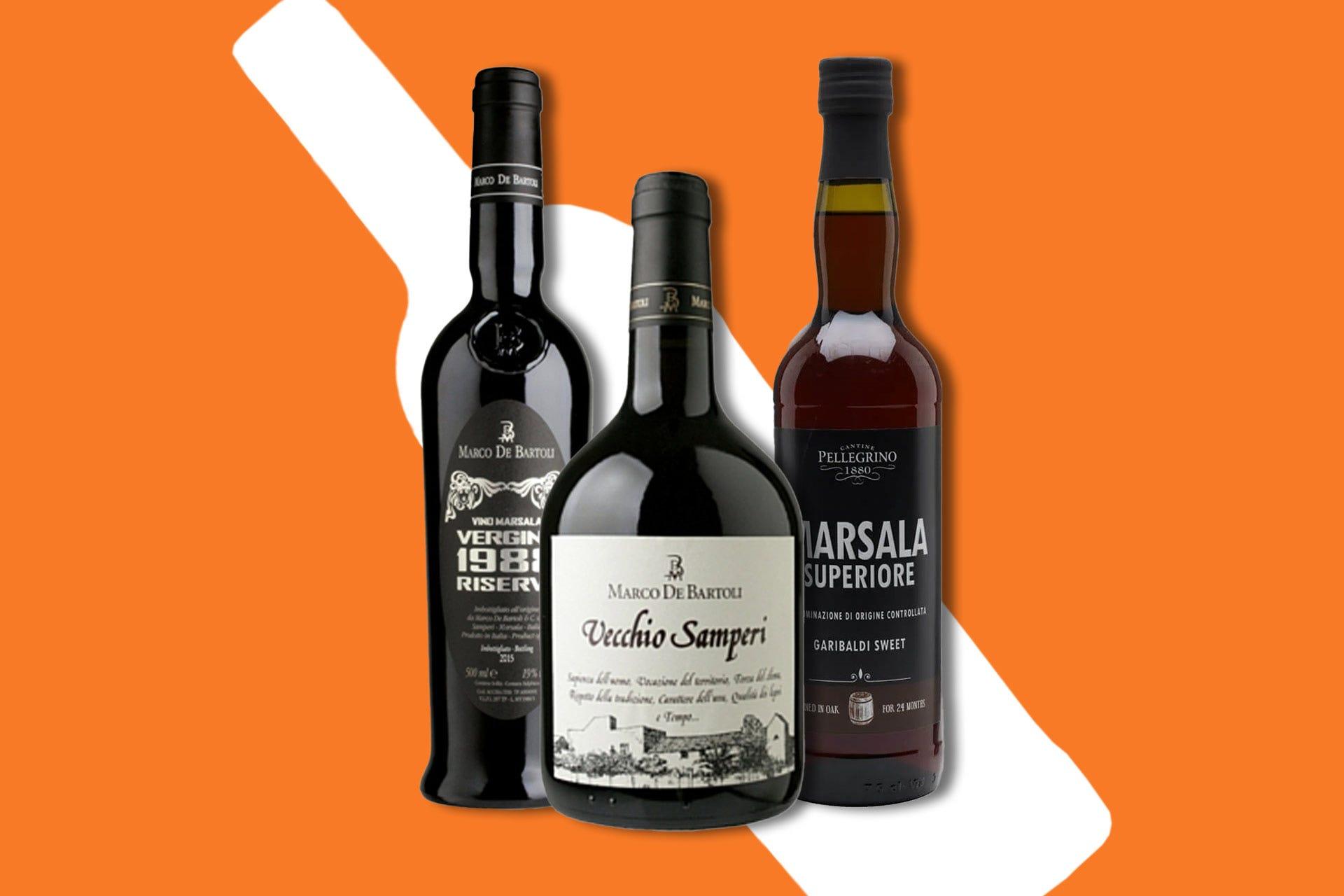
Marsala wine, another fortified wine, is a suitable alternative for dry sherry, particularly in recipes that call for a richer, more robust flavor.
While it is sweeter than dry sherry, Marsala is versatile, and it can be used in dishes like risotto, sauces, and stews.
Opt for dry Marsala for a closer match to dry sherry.
- Best Use: Risottos, sauces, and stews.
- Flavor Profile: Rich, nutty, and slightly sweet.
- Substitution Ratio: Use in equal amounts, adjusting for sweetness as needed.
4. Madeira
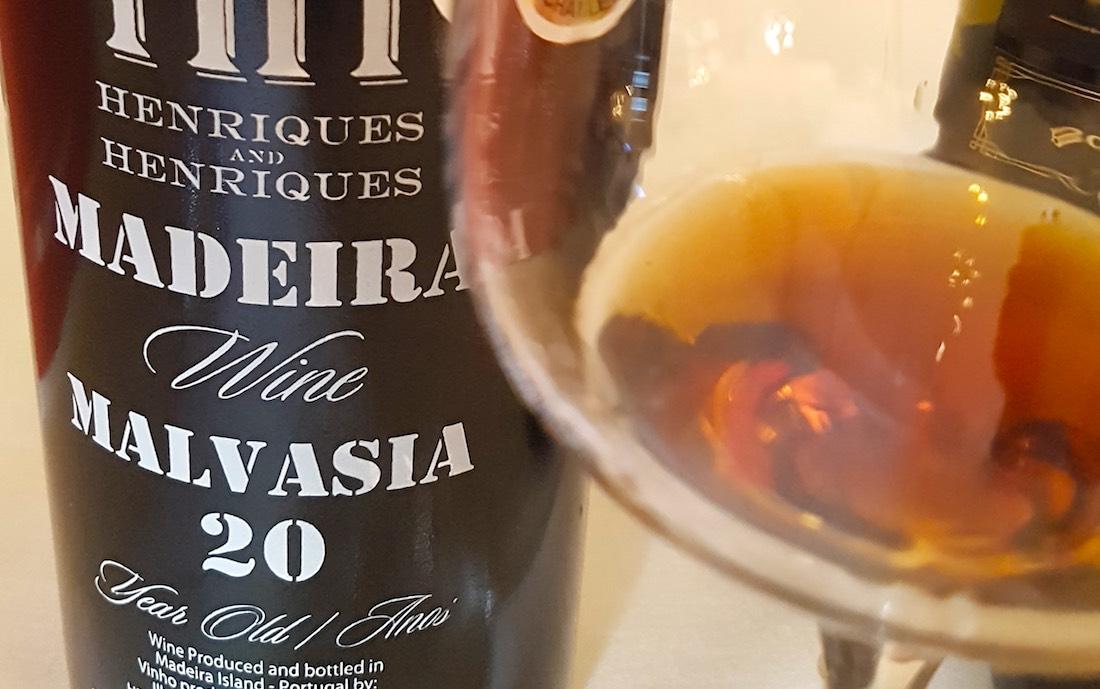
Madeira is a fortified wine that shares many similarities with dry sherry, including its nutty flavor and depth.
Madeira’s rich and complex taste makes it a great substitute for dry sherry in recipes, especially soups, sauces, and gravies.
Dry Madeira is the closest match to dry sherry in terms of flavor.
- Best Use: Gravies, soups, and sauces.
- Flavor Profile: Rich, nutty, and slightly sweet.
- Substitution Ratio: Use in equal amounts as a substitute for dry sherry.
5. Port
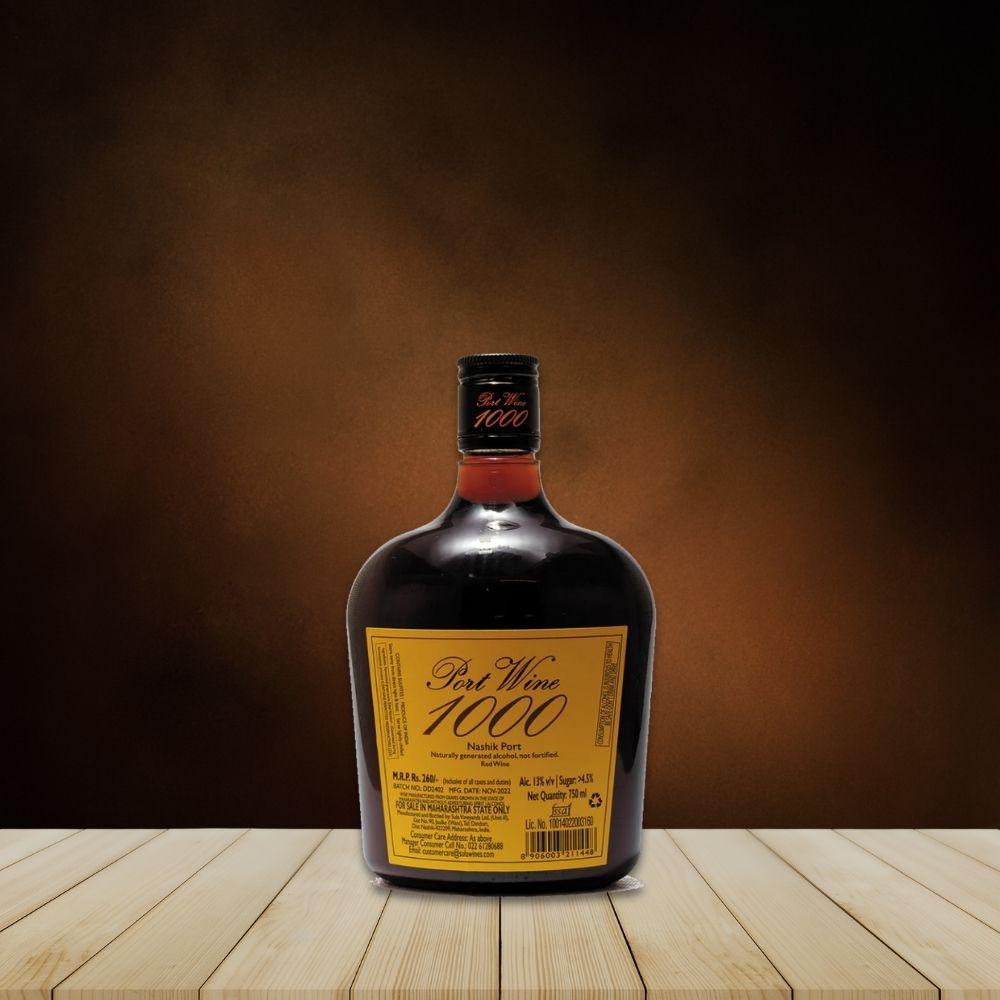
Port is another fortified wine that can substitute for dry sherry, though it is much sweeter.
While it’s best used in desserts or sweet sauces, dry port can still be used in savory dishes when a touch of sweetness is needed.
Use it sparingly in delicious recipes, as its sweetness can easily overpower other flavors.
- Best Use: Sweet sauces, desserts, or marinades.
- Flavor Profile: Sweet, rich, and fruity.
- Substitution Ratio: Use equal amounts but slightly reduce the quantity in savory dishes.
6. Champagne Vinegar
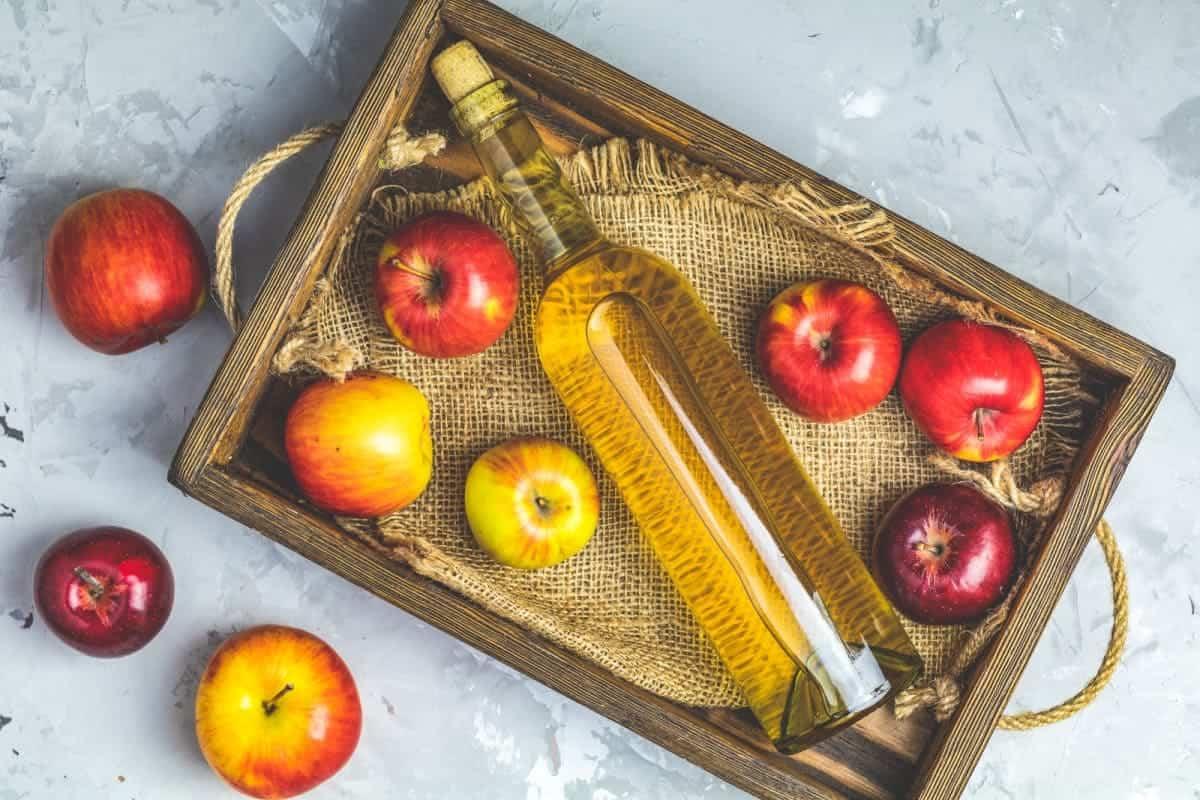
Champagne vinegar is a light, mildly acidic option that works well as a non-alcoholic substitute for dry sherry.
Its delicate flavor can add brightness to salads, sauces, and marinades, making it a good choice for dishes with a subtle tang without overpowering other ingredients.
- Best Use: Salad dressings, sauces, marinades.
- Flavor Profile: Light, mildly acidic, and delicate.
- Substitution Ratio: Use in smaller amounts, starting with 1 tablespoon for every 2 tablespoons of dry sherry.
7. Apple Cider Vinegar
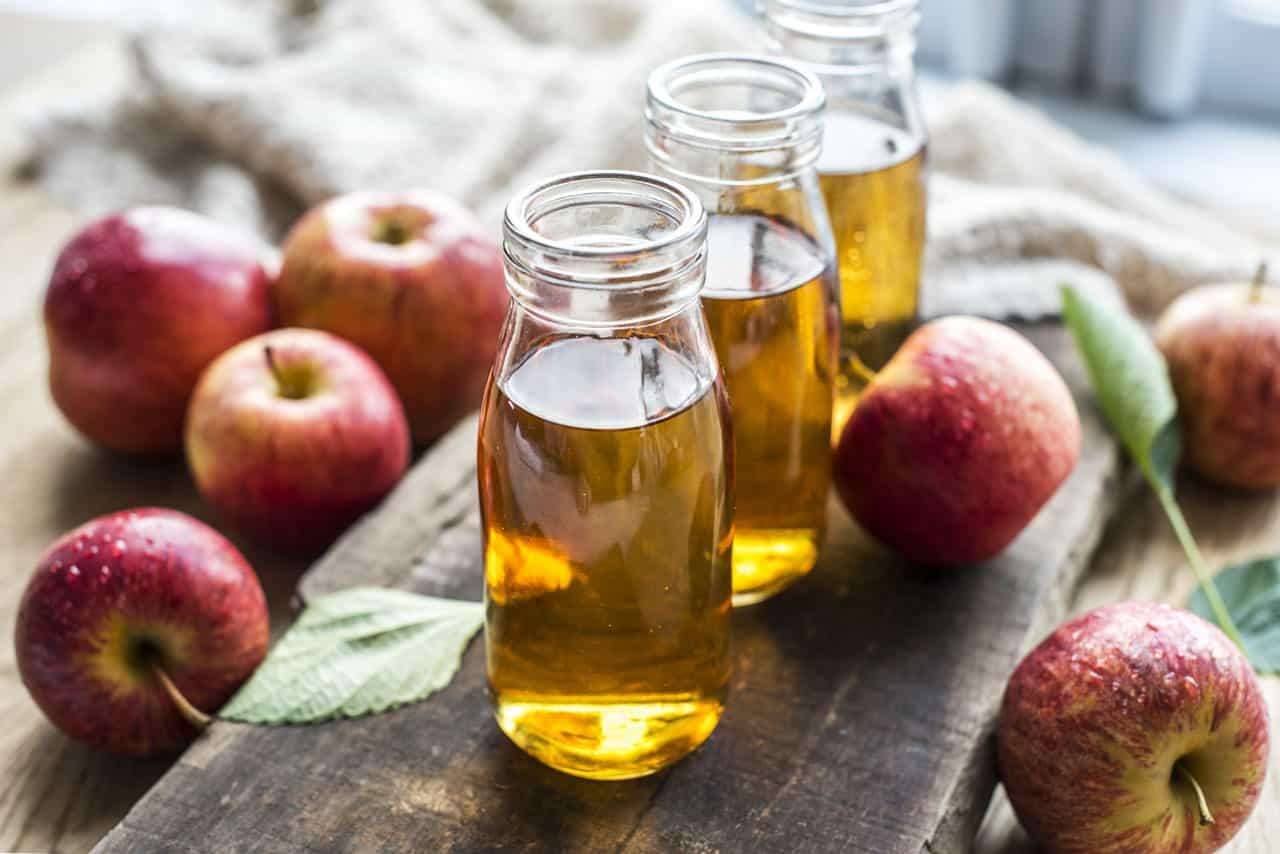
Apple cider vinegar is a versatile, non-alcoholic substitute for dry sherry, particularly in savory dishes.
Its mild sweetness and tangy flavor make it a great option for deglazing pans, adding depth to sauces, or using in marinades.
To balance its acidity, you may want to dilute it slightly before using it as a substitute.
- Best Use: Sauces, marinades, soups.
- Flavor Profile: Mildly sweet and tangy.
- Substitution Ratio: Use smaller amounts, starting with 1 tablespoon for every 2 tablespoons of dry sherry.
8. Red Wine Vinegar
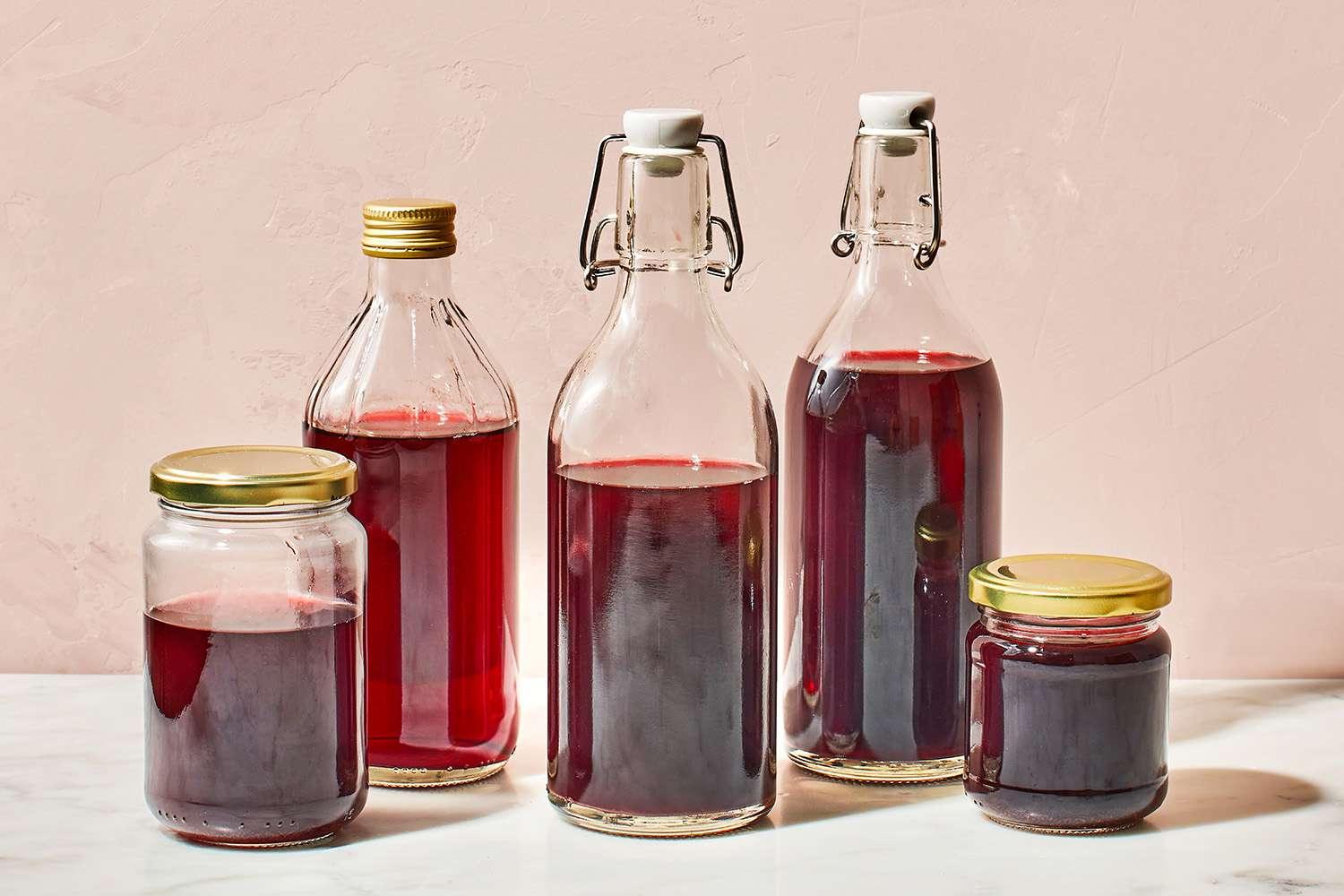
Red wine vinegar is another acidic option that can substitute for dry sherry, especially in savory recipes.
While it’s more robust and tangy, red wine vinegar can sharpen dishes like sauces and stews.
Its stronger flavor should be used sparingly to avoid overpowering the dish.
- Best Use: Sauces, stews, marinades.
- Flavor Profile: Tangy, robust, and slightly fruity.
- Substitution Ratio: Use smaller amounts, starting with one tablespoon for every two tablespoons of dry sherry.
9. Balsamic Vinegar
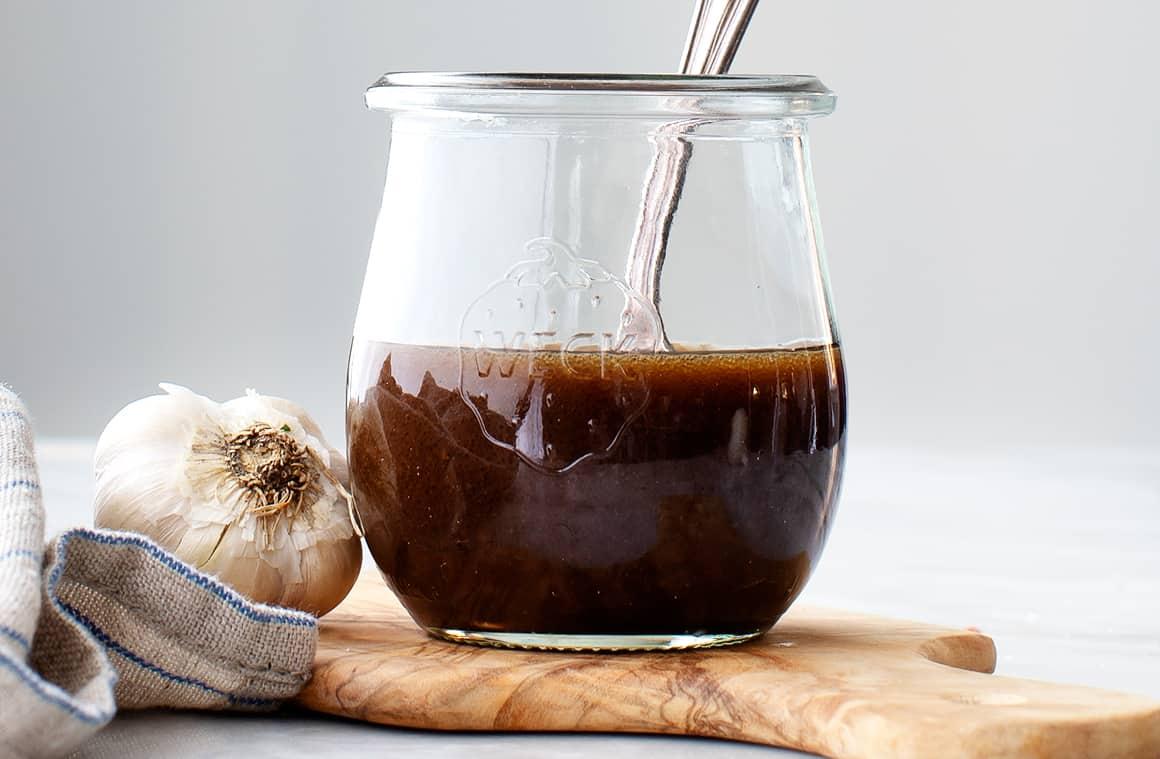
Balsamic vinegar is a sweeter, richer vinegar that can be used as a substitute for dry sherry, though its distinct flavor may change the overall taste of the dish.
It works best in recipes where a touch of sweetness is welcome, such as marinades, salad dressings, or sauces.
Due to its strong flavor, balsamic vinegar should be used sparingly.
- Best Use: Marinades, salad dressings, sauces.
- Flavor Profile: Sweet, tangy, and rich.
- Substitution Ratio: Use sparingly, starting with one tablespoon for every two tablespoons of dry sherry.
10. Cooking Sherry
Cooking sherry is a convenient and widely available option specifically designed for cooking.
It has a slightly lower alcohol content and added salt, which can alter the flavor of your dish.
Using cooking sherry, be mindful of the extra salt and adjust the seasoning accordingly.
- Best Use: Soups, sauces, stews.
- Flavor Profile: Slightly salty with a mild, nutty flavor.
- Substitution Ratio: Use in equal amounts as a direct substitute for dry sherry, but adjust the seasoning to account for the added salt.
11. Rice Wine
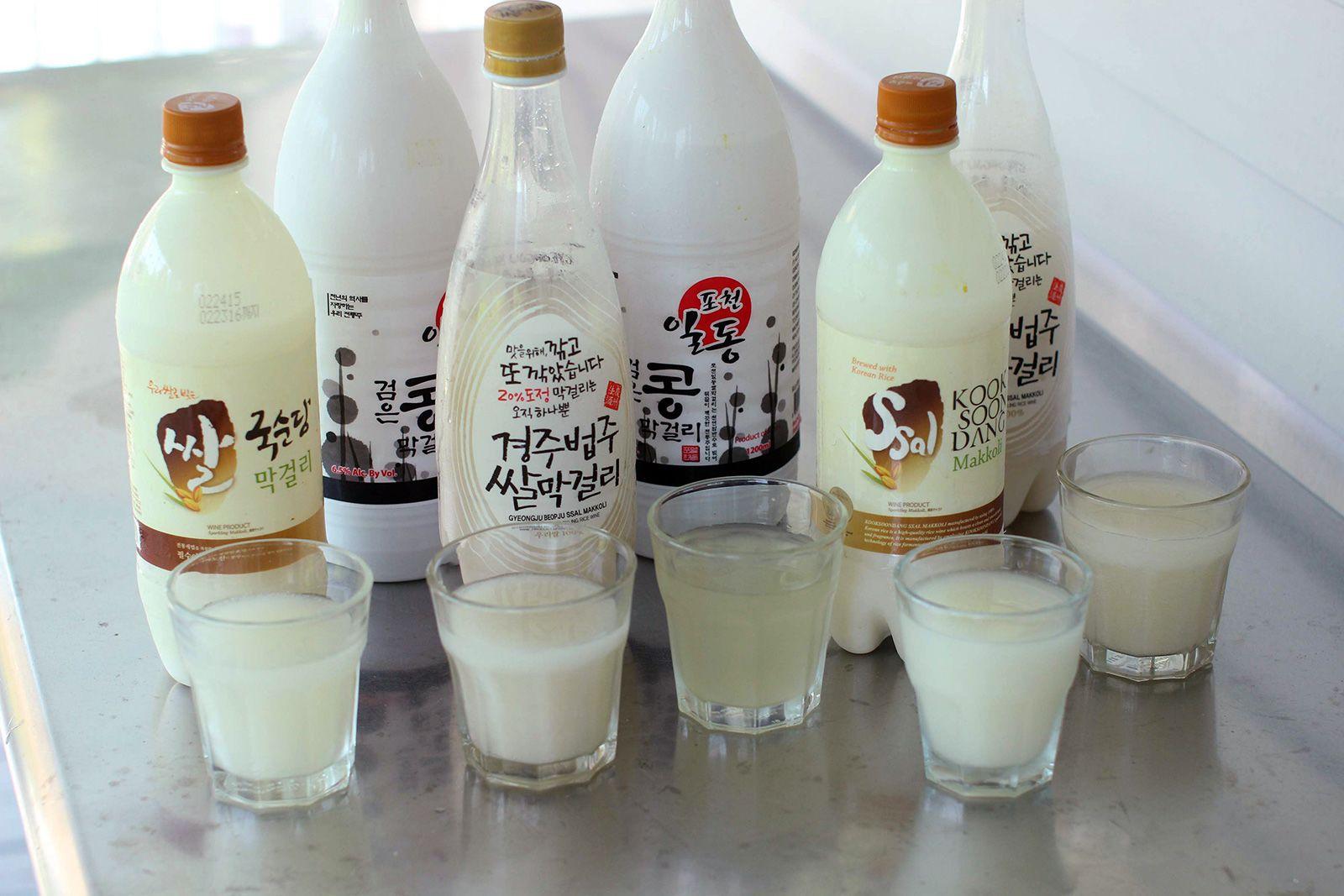
Rice wine, often used in Asian cooking, can be an excellent substitute for dry sherry, especially in stir-fries, marinades, and sauces.
Its mild, sweet flavor closely resembles that of sherry, making it a great alternative for dishes that require a light touch of sweetness and complexity.
- Best Use: Stir-fries, marinades, sauces.
- Flavor Profile: Mild, sweet, and slightly nutty.
- Substitution Ratio: Use in equal amounts as a direct substitute for dry sherry.
12. Cognac

Cognac is a rich, full-bodied brandy that can serve as a flavorful substitute for dry sherry, particularly in sauces or stews.
Its depth of flavor and complexity make it suitable for recipes where a stronger taste is desired.
Cognac works best in rich dishes where the alcohol can enhance the overall flavor.
- Best Use: Sauces, stews, and deglazing.
- Flavor Profile: Rich, bold, and slightly sweet with a hint of oak.
- Substitution Ratio: Use in equal amounts, but be mindful of its stronger flavor and adjust accordingly.
13. Brandy

Brandy is another excellent substitute for dry sherry, offering a similar richness and complexity.
It can be used in savory dishes, marinades, and desserts where dry sherry is called for.
Brandy adds depth to sauces and stews, making it a versatile option for both sweet and savory recipes.
- Best Use: Sauces, marinades, desserts.
- Flavor Profile: Rich, smooth, and slightly sweet.
- Substitution Ratio: Use in equal amounts as a direct substitute for dry sherry.
Conclusion
Whether you’re out of dry sherry or looking for an alternative to suit your dish, these 13 substitutes offer a variety of options, from wine-based alternatives to vinegars and even non-alcoholic choices.
Each substitute brings its own unique flavor, so consider the characteristics of your dish when making the switch.
With these alternatives, you can easily replicate the depth and complexity that dry sherry adds to recipes without missing a beat.

